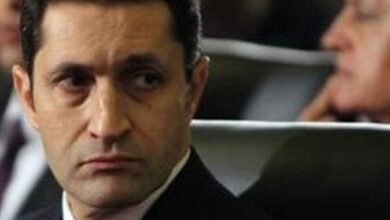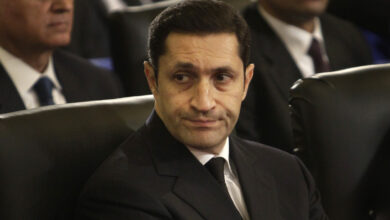Employees from several national and private press institutions continue to protest, calling for media officials to be brought to justice for wasting public money. They also expressed their rejection of certain editorial policies and issued other demands.
Journalists from the state-run Middle East News Agency (MENA), filed complaints with the Attorney General, the Illicit Gains Authority and the Public Funds Prosecution to probe the wealth of Abdallah Hassan, the agency’s chairperson and managing editor. They accuse him of wasting public money.
They decided to form a "wise men" committee to lay out a new editorial policy and elect a new chairperson and managing editor.
Journalists from Al-Osbou newspaper continued a sit-in at the Journalists Syndicate for a second day and are expected ask the Attorney General and Illicit Gains Authority to investigate the salaries of the paper’s employees.
Mostafa Bakri, the paper’s chief editor and chairperson, is reported to have taken down the paper’s whole online archive apart from issues published after the 25 January revolution. Protesters said the move was intended to conceal content glorifying certain Arab leaders, including Libyan leader Muammar Qadhafi, who is currently facing mass protests calling for his ouster.
Meanwhile employees from October Magazine filed reports with the Attorney General against the chairperson of Dar al-Maarif and October Magazine, as well as officials they accuse of corruption and wasting public money.
Journalists from Al-Ahram continued to protest the paper’s editorial policy and rejected the nominees suggested by the paper’s chairperson to replace Osama Saraya, the current chief editor. They insist on electing the new editor themselves.
During the pro-democracy uprising, state-run media waged a campaign saying that the protests were infiltrated by "foreign elements" who paid protesters to cause unrest. Editorial lines have changed drastically since former president Hosni Mubarak stepped down on 11 February.
Translated from the Arabic Edition.




